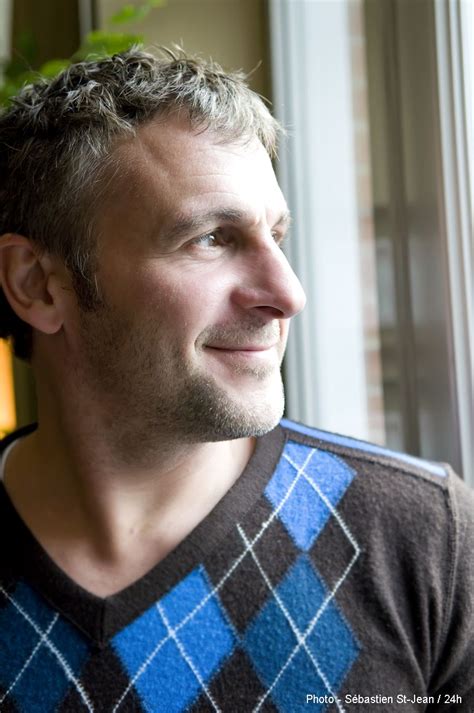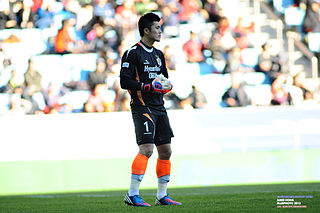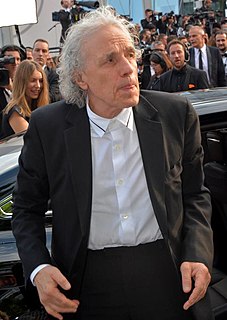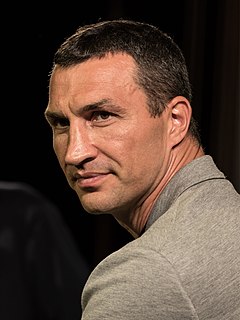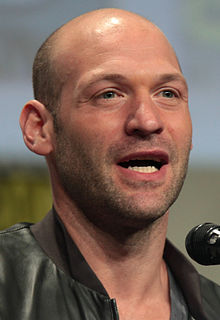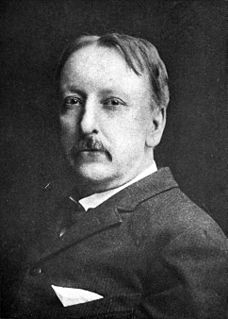A Quote by Patrick Huard
Some like to start from the inside and then go to the outside. I'm the other type of actor. First, I have to know how my character looks, how he walks, how he drives, how he eats.
Related Quotes
If you're a certain type of actor, then eventually stepping into a director's shoes is a natural transition. I've always been the actor who's very focused on the narrative, where my character is in the story, and how I can benefit the story. I've always had a technical aspect of what the lens is, how the camera is going to move, how I can feed the information the director applies within that move. If you're that type of actor, narrative-based, technically proficient, the next step is actually not that far.
The amount of preparation I saw from someone like [David] Fincher, and how aware he is of everybody else's job on the set, and how much respect he has for every aspect of the film, and every aspect of the frame - that's the type of actor I am now; it's not the type of actor I was then. But without understanding his process, and then coming to learn it later on, I would never be the actor I am now.
Since I was from the theater, that's how I learned how to go through the process of being a character. That's how I learned, and that's what I was comfortable doing. And then, the first feature films, I'm sure I was no fun because I did not want to be spontaneous in that filmic way that really can work for you.
We're all afraid of the same stuff. Mostly we're afraid that we're secretly not okay, that we're disgusting, or frauds, or about to be diagnosed with cancer. ... We want to teach you how to quiet the yammer ... how you can create comfort, inside and outside, how you can get warm, how you can feed yourself. And even learn to get through silence. ... There is a wilderness inside you, and a banquet. Both. [p. 253]
